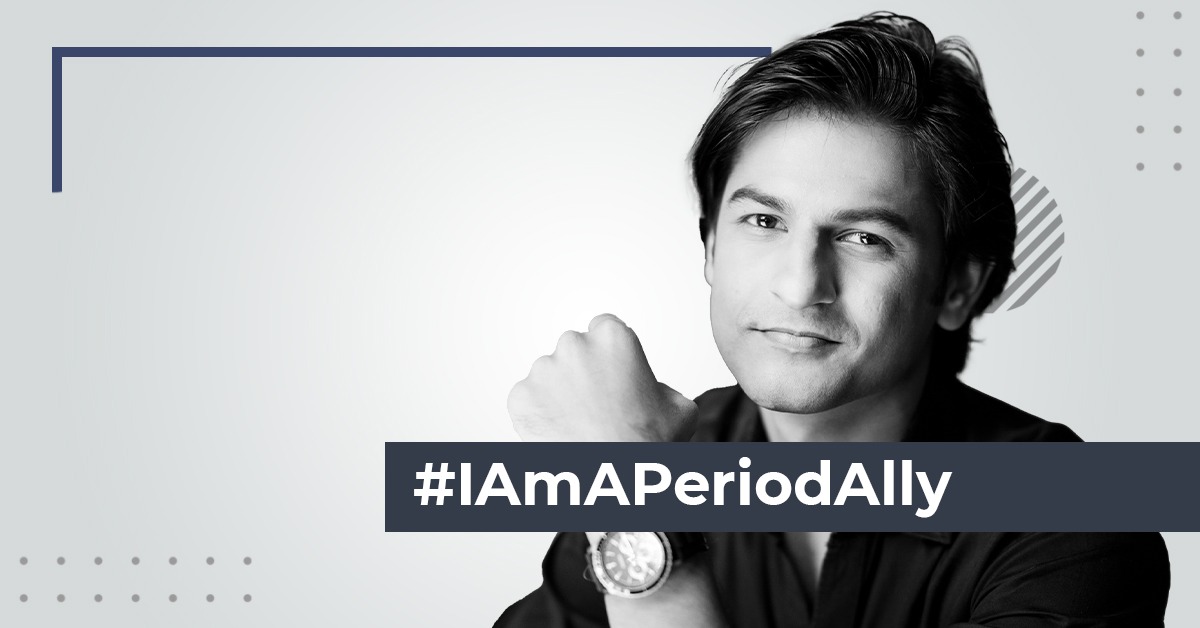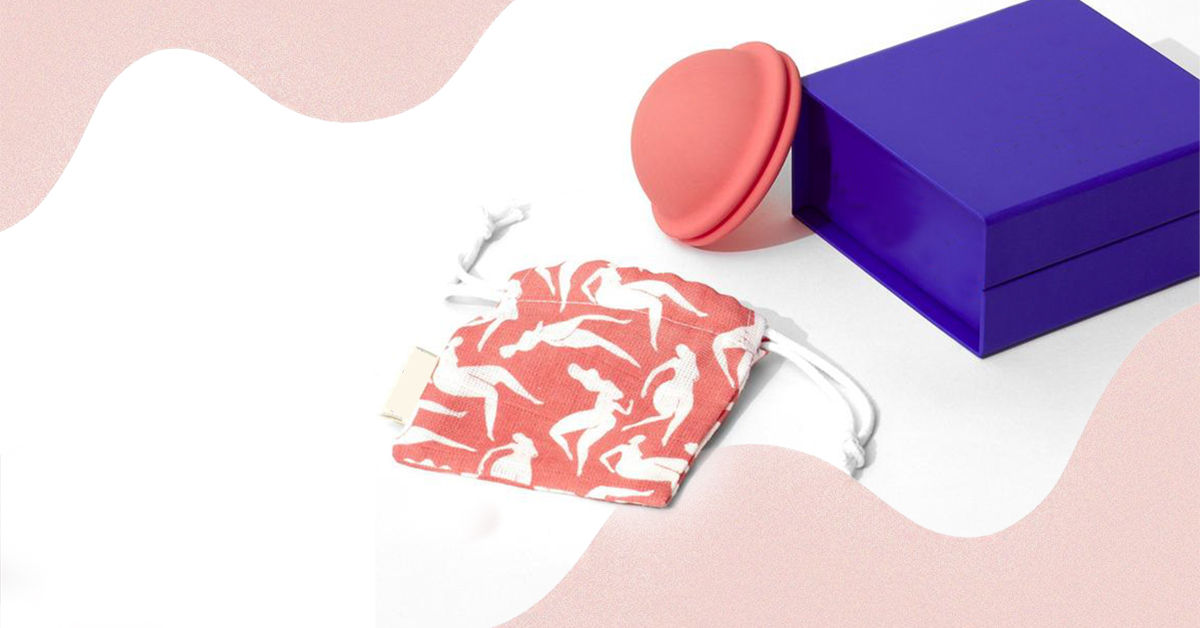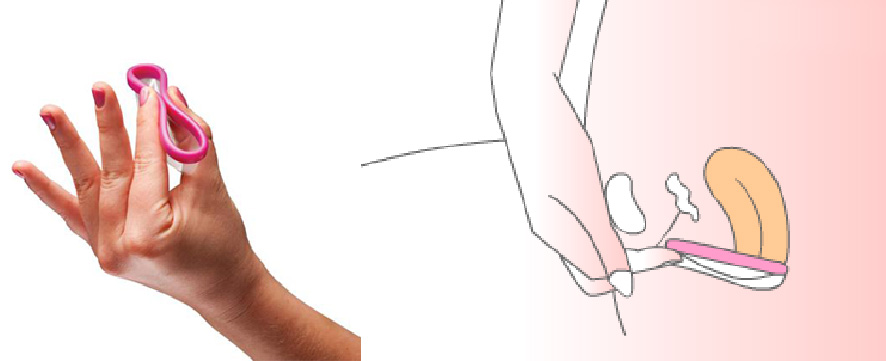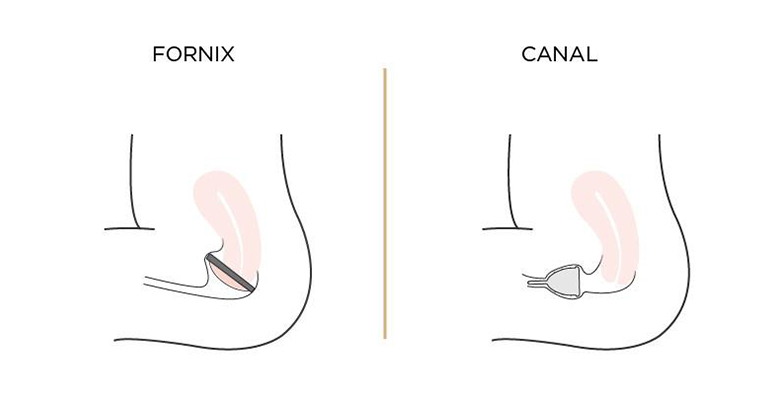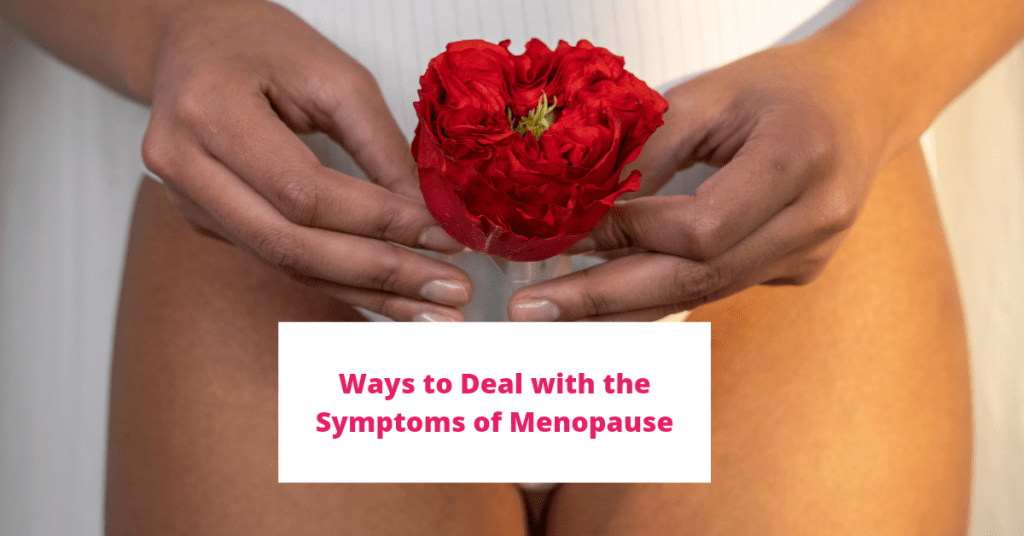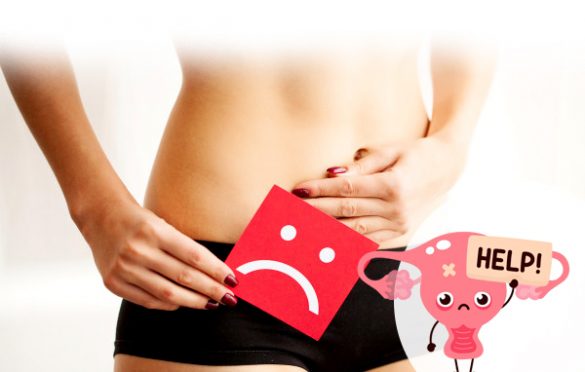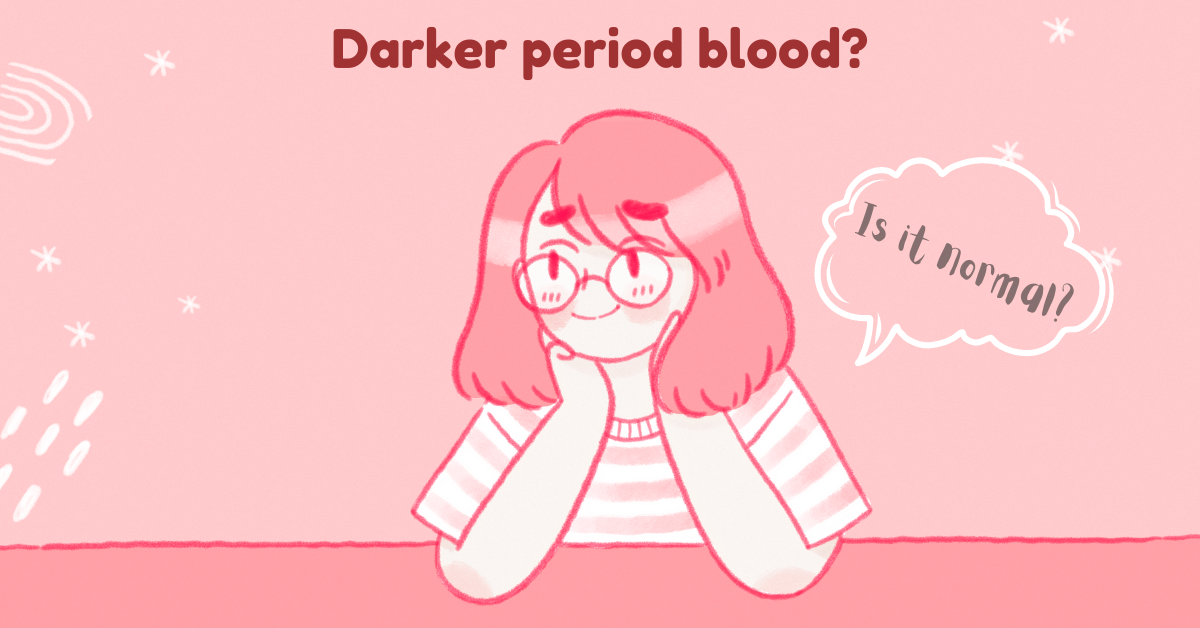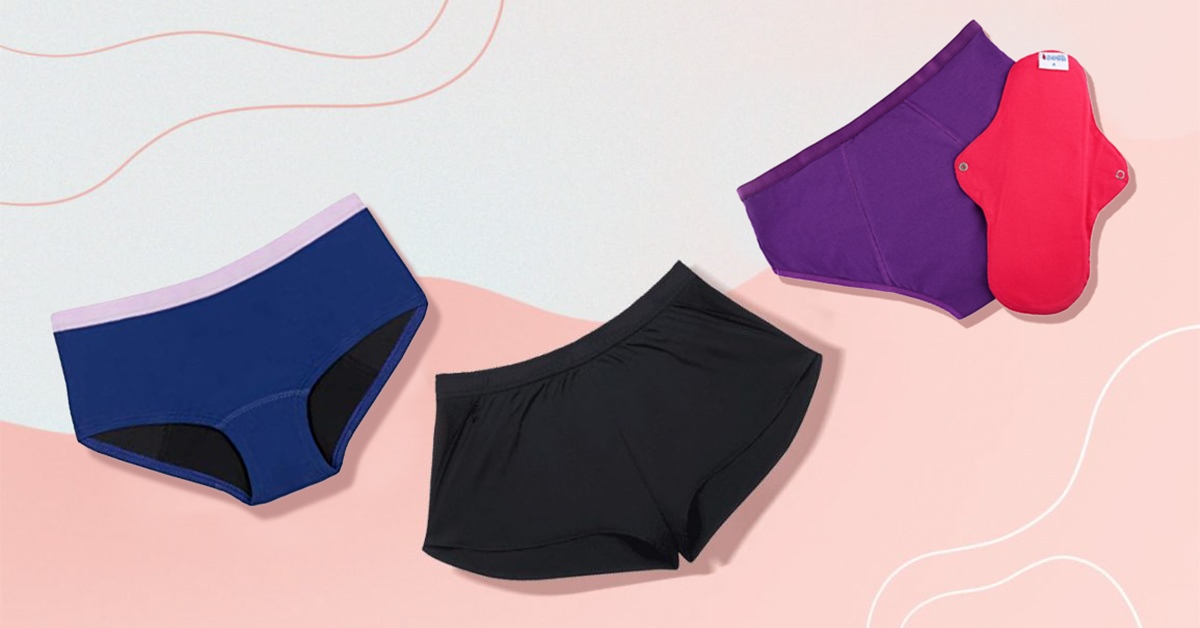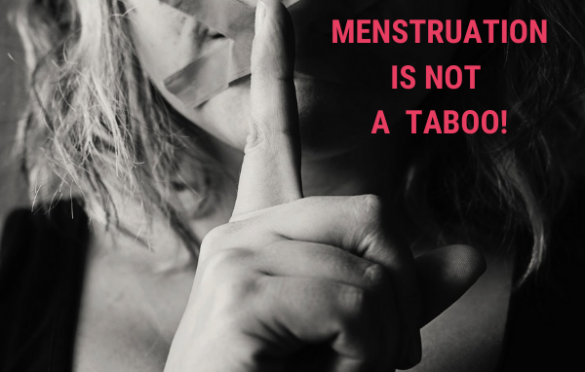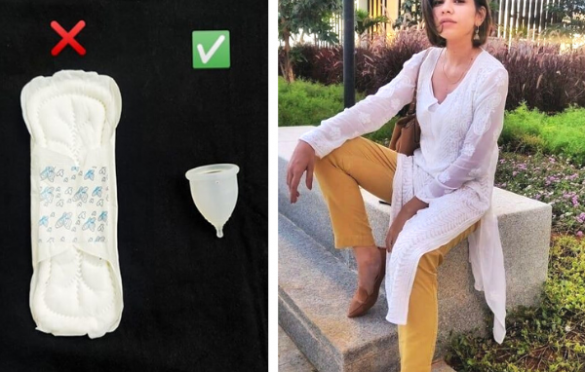This Content is a Part of The Menstrual Hygiene Awareness 2021, in collaboration with The Logical Indian and Pee Safe.
Only when I had a girlfriend did I understand what a woman goes through during menstruation. She was the one who told me about the discomfort that she experienced
and how agonizingly painful it can be for some women. My teachers only taught me about the biological process of menstruation. My mother did go through the pain and discomfort but never told me about it. My sisters and my female friends were directed by their mothers to not talk about menstruation, especially with men. The only thing that was taught at home was that women are not allowed to enter the kitchen for a few days of every month, because they become impure. IMPURE?! I can’t even imagine how I would react if people made me believe that I was impure, but that’s what they did to my sisters and friends. They still do. Even my mother was a part of the same insensitive and oppressive system, but it was also taught to her and she followed the same mentality.
I think it’s sad that we are in the 21st century and there is still a need to write this article, asking people to normalize something as natural as menstruation, which is something that we witness first-hand in our own households on a regular basis. Then why is it still so difficult to have a conversation about it? People defecate and urinate on a regular basis, even in the open, and no one seems to care. Does that make them impure? No! Can they enter the kitchen? Hell yes, because they wash their hands and move ahead with their day. No one goes hush-hush about it. You will witness how people make her feel shame and discomfort as if it is something new or such a big deal. In fact, students are taught to freely ask for permission to use the washroom whenever they feel the urge to use the loo. We call it ‘nature’s call’. Then why isn’t menstruation considered one of nature’s calls for women? Why is there shame and stigma attached to it? If I can tell my parents/friends/teachers something like, “I’ll go pee, and then I’ll be ready”, then why can’t a girl say to them, “I’ll change my pad, and then I’ll be ready”? Why would the former be normal and the latter be obnoxious or taboo or ‘TMI’?
In my opinion, our patriarchal roots have a lot to do with making menstruation a taboo. I do not want to go into our history, when almost all religious texts or the ways of living life were either written or propagated by men, from men’s point of view. If we were to even assume a hypothetical, where men would menstruate, I think menstruation would have already been normalized.
I so wish talking about menstruation was normal, and they would teach it at home and in schools about the pain and the discomfort caused by it. I wish they could teach us about being sensitive and accommodating, just like they taught basic manners.
I wonder how many times I was unknowingly insensitive towards my mother’s menstrual pain. How many times did my sister have to walk to a nearby medical shop by herself to buy sanitary pads while in excruciating pain? If only I knew earlier. If only they were ‘allowed’ to tell me. If only they felt comfortable telling me to get it for them. I wonder if they will still tell me. I wish they would.
Author- Aman Bhutada

